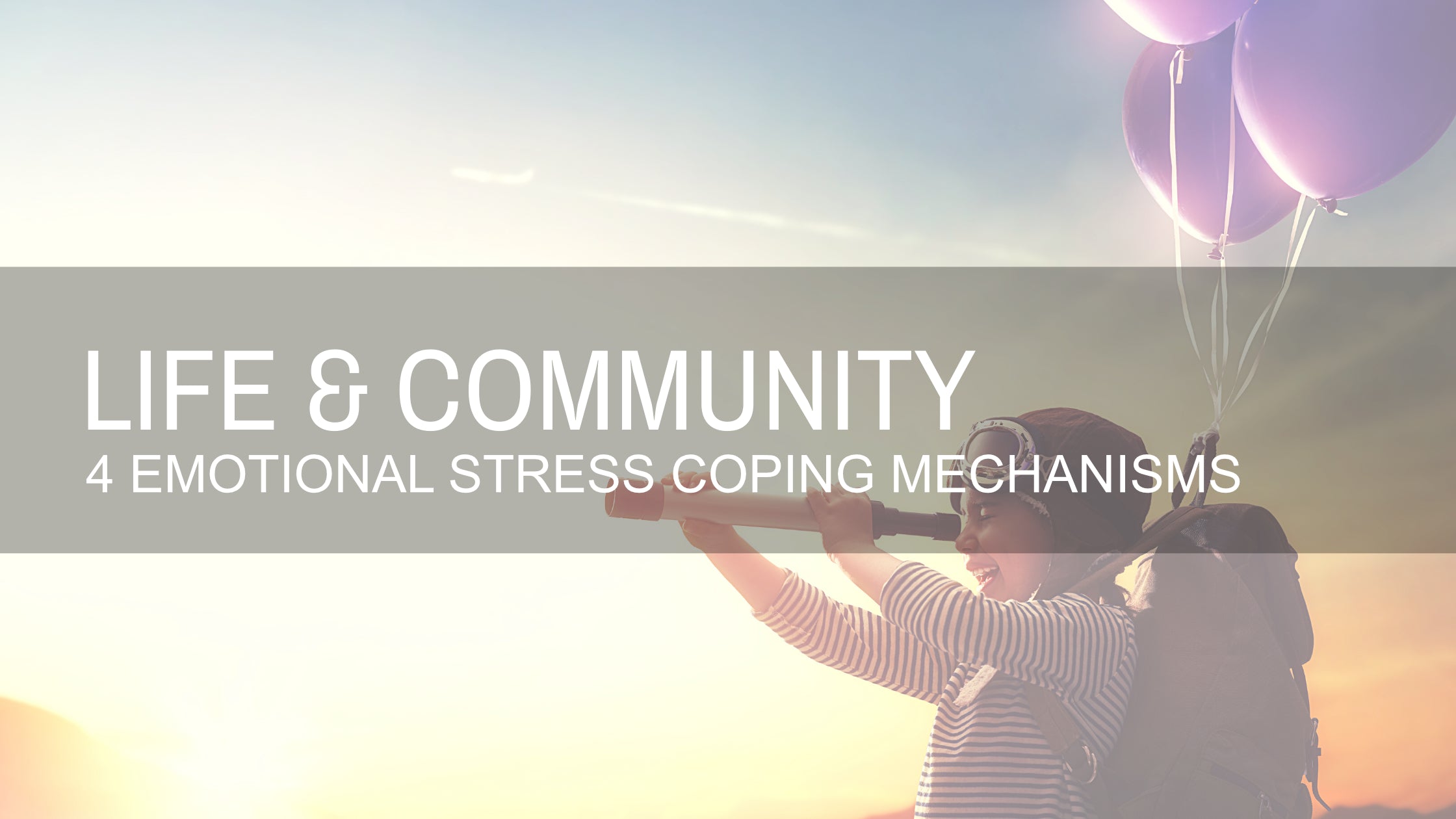
Mar 16 , 2022
4 Common Emotional Stress Coping Mechanisms
When we perceive or detect a threat to ourselves or the environment, our bodies release stress a surge of stress hormones, such as adrenaline and cortisol. This reaction works to prepare us physically and mentally to react to a potentially dangerous situation by redirecting blood flow away from the extremities and into our major organs (for extra protection), adding a sudden burst of energy, and increasing the heart rate along with other physiological changes. Most of us have heard of the “fight or flight” response, but did you know that researchers are now suggesting that there are more than two stress responses? They are called fight, flight, freeze, and fawn.
The Four Responses
The fight response refers to directly facing the threat to address the danger. In a healthy form, individuals who engage in this way are assertive, have strong boundaries, and will know how to constructively navigate the situation without fueling the fire. On the other hand, an unhealthy form is to become belligerent, resort to violence and use coercive means of manipulation.
The flight response refers to actively trying to escape the potential threat. In a healthy form, individuals who engage in this way know how to create boundaries and potentially de-escalating a situation by physically removing themselves from the danger. However, in an unhealthy form, individuals may become conflict avoidant of anything that may cause them stress and not fully engage life.
The freeze response refers to the act of mentally disengaging from the potential threat through minimal reaction – zoning out, staying in place, and numbing out physical sensations, emotions, and thoughts. This reaction often comes into play when the danger is perceived to be too powerful and there’s little that can be done to escape the situation or by directly confronting it, especially in cases of smaller children and the injured/disabled. However, in an unhealthy way, individuals may minimize problems and have difficulty connecting with their own feelings in the long term.
The fawn response refers to the act of being compliant and helpful in order to reduce the potential effects of the threat. If there is an element of survival that’s dependent on others, then this response is often used. However, in an unhealthy way, individuals may lose a sense of who they are because they take on what others want or need from them and lose track of their own needs and wants.
Adding Perspective
Each of us develop ways to cope with high stress influenced by our backgrounds, personalities, and vulnerabilities. So, there is no best strategy to deal with stress. The current coping skills that we learned over the years helped us out when we first needed them, but if we rely on them too much and engage in the stress response frequently, it will eventually have detrimental effects on the body: hypertension, heart issues, excess fat storage, decreased immune system, and lingering effects on our emotional and mental health.
Thoughts for the Week
The body and mind are incredible tools for adapting to all sorts of situations, but we have to remember that the best way to deal with one circumstance may not be the appropriate or most efficient response for other circumstances. Nonetheless, the brain naturally likes to rely on learned responses to streamline the process. As such, it’s important to stay in touch with how we are feeling and thinking to avoid engaging in automatic responses.



